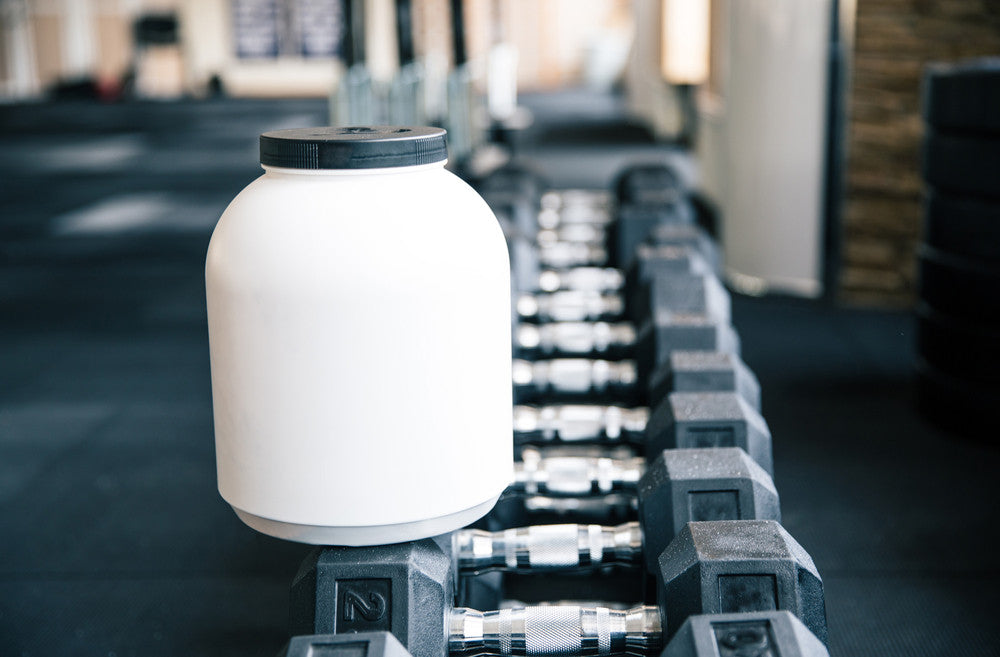
What Are Probiotics and How Can You Add Them To Your Diet?
We've come a long way in learning how our bodies work. Although we may have once been focused on sheer survival, many of us are now looking to optimize how our bodies function for maximum efficiency, enjoyment, and overall health.
That means you might be paying much closer attention to what you put in your body. Not only does that include the food you eat, but it may also apply to extra nutritional products you consume as part of your routine. These nutritional supplements, combined with other healthy habits, can keep your system working as it should.
Take probiotics, for example. While you may have heard about probiotics before, you might not be familiar with the benefits they can have on the body or why you may want to increase your intake. We'll discuss all of those points in today's post.
What Are Probiotics?
Probiotics are live microorganisms, meaning that they are a "good" kind of bacteria and yeast. These helpful bacteria can improve digestive health, among other things. Experts believe that adding probiotics can help you replace lost "good" bacteria in the body (which may happen after taking an antibiotic medication) and maintain balance between "good" and "bad" bacteria for optimal functioning.
What Are the Health Benefits of Probiotics?
There are two main types of bacteria found in readily available probiotics: lactobacillus and Bifidobacterium. Lactobacillus is probably the most common and can be helpful to those who have difficulty digesting lactose. Bifidobacterium, another popular probiotic, may help ease the symptoms of certain health conditions.
In general, probiotics can help control gut movement and may help with health conditions like diarrhea, constipation, and Irritable Bowel Syndrome (IBS). There's also evidence to suggest that naturally occurring probiotics or probiotic supplements may ease symptoms of yeast and urinary tract infections, eczema, upper respiratory infections, gum disease, and digestive issues like gas and bloating.
How Can I Add More Probiotics Into My Diet?
Probiotics can naturally be found in a number of foods, such as yogurt, kefir, kimchi, buttermilk, sourdough bread, or fermented vegetables.
However, these foods may not always be readily available or palatable for many people. You may find that taking a probiotic supplement is more convenient and enjoyable. Green probiotic powder, for example, contains both probiotics and healthy greens that can easily be mixed into a shake, smoothie, or other beverage. Many find that adding a probiotic powder into their daily meals can improve their digestion in the long term without sacrificing on flavor. Aside from probiotic powders, probiotic capsules are another option. That said, those who don't like to take pills or may not remember to do so may find a probiotic powder to be a welcome solution.
Now that you understand the important role probiotics may play in your digestion and overall health, it may be time to consider adding them to your diet. For more information on our probiotic supplements and nutritional products, please contact BioPharma Scientific today.



Leave a comment
This site is protected by hCaptcha and the hCaptcha Privacy Policy and Terms of Service apply.